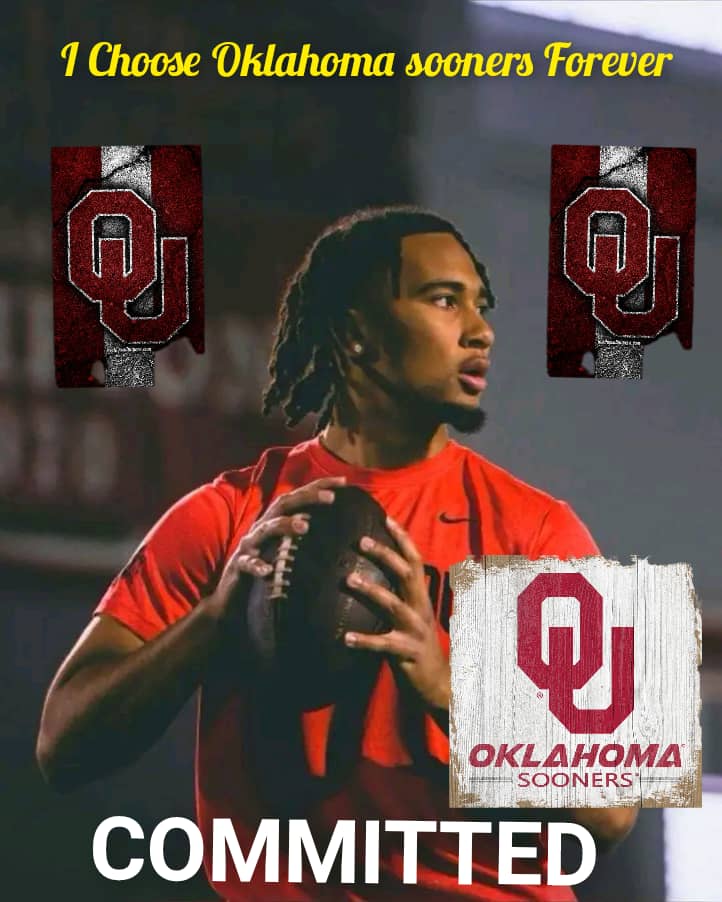In a stunning turn of events in the world of college basketball recruiting, Henri Veesaar, Arizona’s top basketball prospect, announced his decommitment from the Wildcats to commit to the Louisville Cardinals.
This unexpected decision has sent shockwaves through the basketball community, particularly among fans and analysts who anticipated Veesaar would bolster Arizona’s already strong roster. The 6’10” power forward, known for his exceptional skills and versatility on the court, made headlines with his initial commitment to Arizona, which was seen as a significant win for the Wildcats’ coach and recruitment efforts. However, his recent flip to Louisville, a program seeking to rejuvenate its standing in NCAA basketball, illustrates the unpredictable nature of recruiting.
Veesaar’s decommitment comes on the heels of an intense recruiting battle that included strong interest from South Carolina and Alabama. Coaches from these programs made significant efforts to sway the young star, but it was a recent visit to Louisville that sealed the deal. Veesaar was reportedly impressed by the facilities, the coaching staff’s vision for the program, and the community’s passion for basketball. The Cardinals are in the midst of building a competitive roster to reclaim their status as a powerhouse after a few challenging seasons. Veesaar’s decision adds a critical piece to their ambitions for the future.
The impact of Veesaar’s transfer will be felt in multiple arenas. For Louisville, securing a player of his caliber represents a strong signal of their resurgence and ability to attract top talent. They hope Veesaar will bring his scoring, rebounding, and defensive prowess to a team looking to make a mark in the ACC. On the other hand, Arizona now faces the challenge of regrouping and refocusing their recruiting strategy to mitigate the loss of such a highly-rated player. The coaching staff will need to pivot quickly to maintain their competitive recruitment edge, especially as they gear up for the upcoming season.
Fans and analysts alike are weighing in on this surprising shift. Many believe that Veesaar’s decision may reflect broader trends in college basketball recruiting, where allegiance can swiftly change, and decisions may hinge on immediate factors such as campus visits and personal connections with coaching staff. Critics also speculate whether recent changes in NCAA regulations regarding transfers may have influenced Veesaar’s thinking, as players now have more freedom and flexibility in their careers.
As this story continues to develop, the ramifications of Veesaar’s decommitment and commitment will likely dominate conversations leading into the collegiate season. Social media buzz has already begun, with reactions ranging from support for Veesaar’s decision to disappointment among Arizona fans who were eager to see him wear their colors. Looking ahead, the spotlight will be on Veesaar to see if he can elevate his game at Louisville while also on Arizona to find new prospects who can fill the void left by his departure.
Ultimately, this turn of events underscores the volatility of recruiting in college basketball and serves as a reminder of the human elements involved in the decision-making process for young athletes. While Veesaar moves forward with the Cardinals and looks to carve out a new path, innumerable lessons will be learned on both sides of this high-stakes decision. Not only does it change the landscape of this season’s recruitment but also sets a precedent for how future talents may approach their commitment choices in an ever-evolving collegiate basketball scene.



